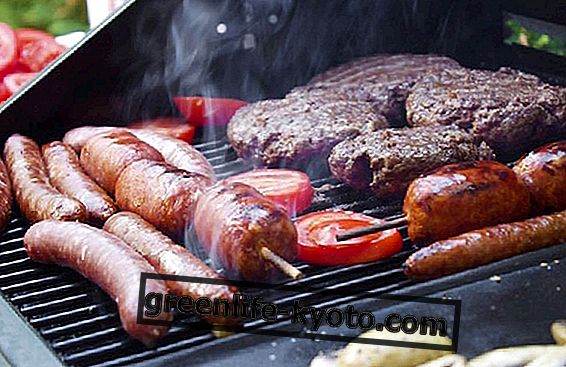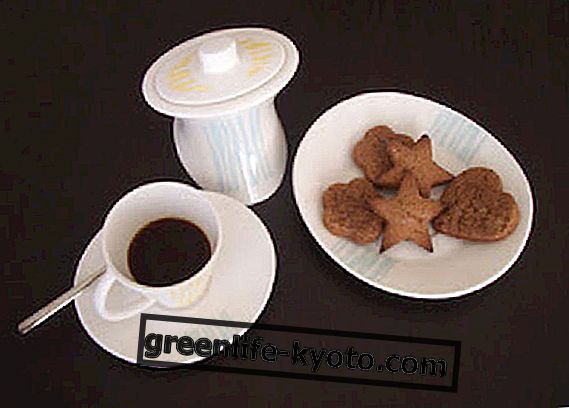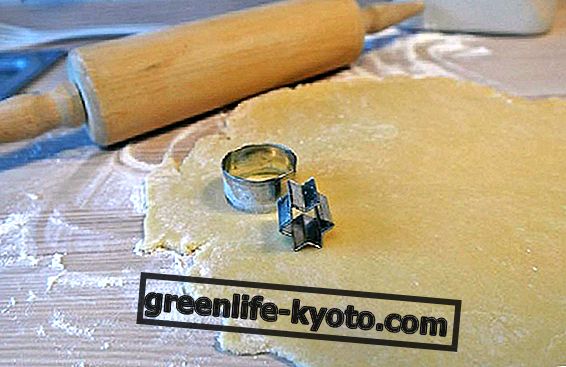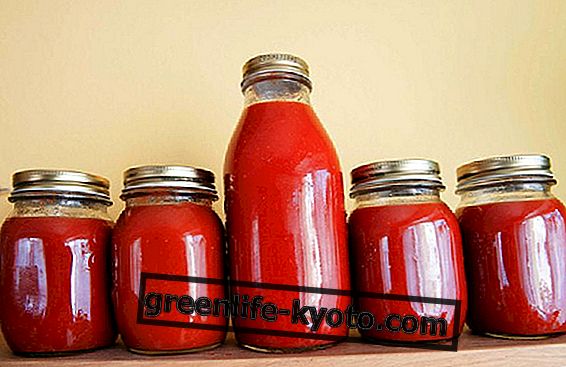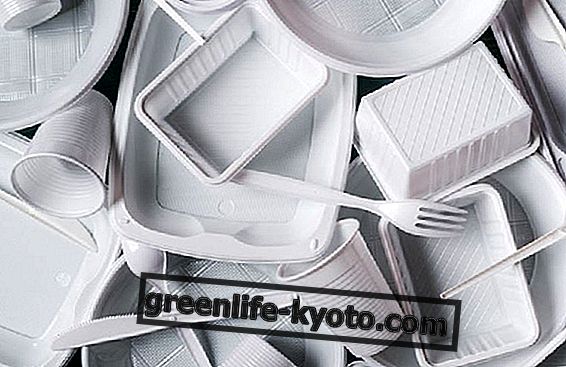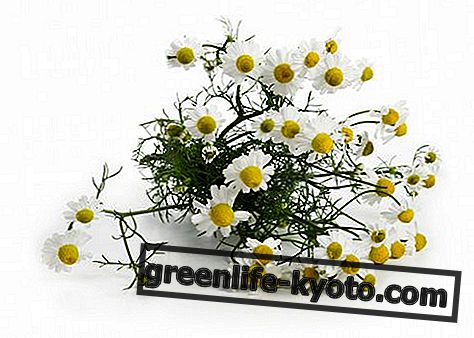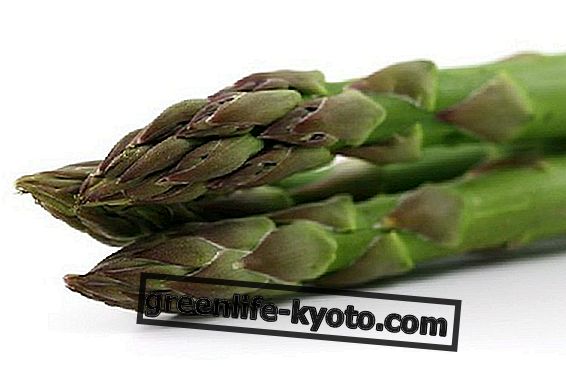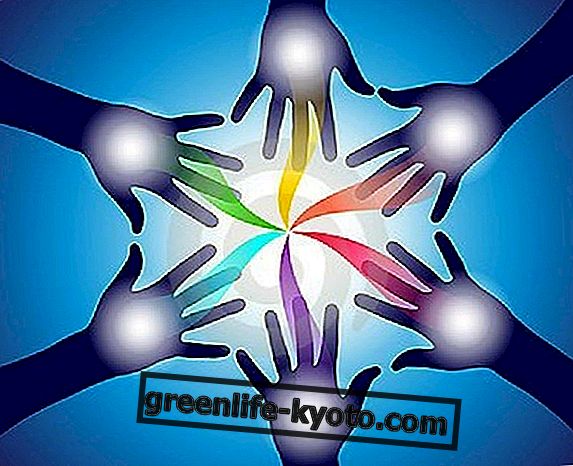
The step taken when choosing to become a vegetarian is very important. Since the first meals that are made by giving up meat and fish, it is important to go and fill the "void" left by these foods with others that are well suited to our needs.
Every self-respecting balanced vegetarian diet is studied on the person and tends to avoid harmful deficiencies for the body.
To this end, it is very useful to inquire about the properties of those vegetarian foods that may not even have been considered, like various seeds, soy derivatives, legumes, vegetables, wild plants and cereals, in order to compose and take a healthy and balanced vegetarian diet.
Often, for this purpose, readings and books on vegetarianism are useful, but also websites and blogs that can talk about what it really means to be a vegetarian .
A balanced vegetarian diet: what to check?
It is now known that a well-balanced vegetarian diet gives the body longevity, balance and health. The question that arises is, once we become vegetarians, how do we understand if we are feeding properly?
First of all it is important to have blood tests that always check the body values, at least once a year. Sometimes it happens that we see shortcomings, especially in the early days when we follow a vegetarian diet, specifically with regard to vitamin B12 .
No fear. To plan a balanced vegetarian diet, you can take supplements based on cobalamin, or cyanocobalamin, true vitamin B12, for a certain period. Then our body will learn by itself to regulate itself. Serious cases of vitamin B12 deficiency are very rare, even in long-term vegans.
A balanced vegetarian diet: what do you expect?
Assuming the vegetarian diet over a period of one week, in order to be balanced, it will have to provide for a correct balance of proteins, carbohydrates, vitamins (especially vitamin B12 and vitamin C) and minerals (iron).
In addition to fruits and vegetables to be taken daily, it is important to consider and never be missed: an adequate daily dose of seeds and nuts (walnuts, almonds, pistachios, pine nuts, peanuts) daily of plant or animal milk (goat's milk or cow), yogurt, about three times a week soy and derivatives (seitan, tofu, tempeh), legumes and cereals, preferably whole, every day, once or twice a week the eggs, two or three times the cheese .
It is important to never miss cereal in the form of flakes in the morning, better if supplemented with vitamin B12. Honey and brewer's yeast are also excellent sources of important nutrients.
Find out more about meat substitutes
Imma gine | Flickr
